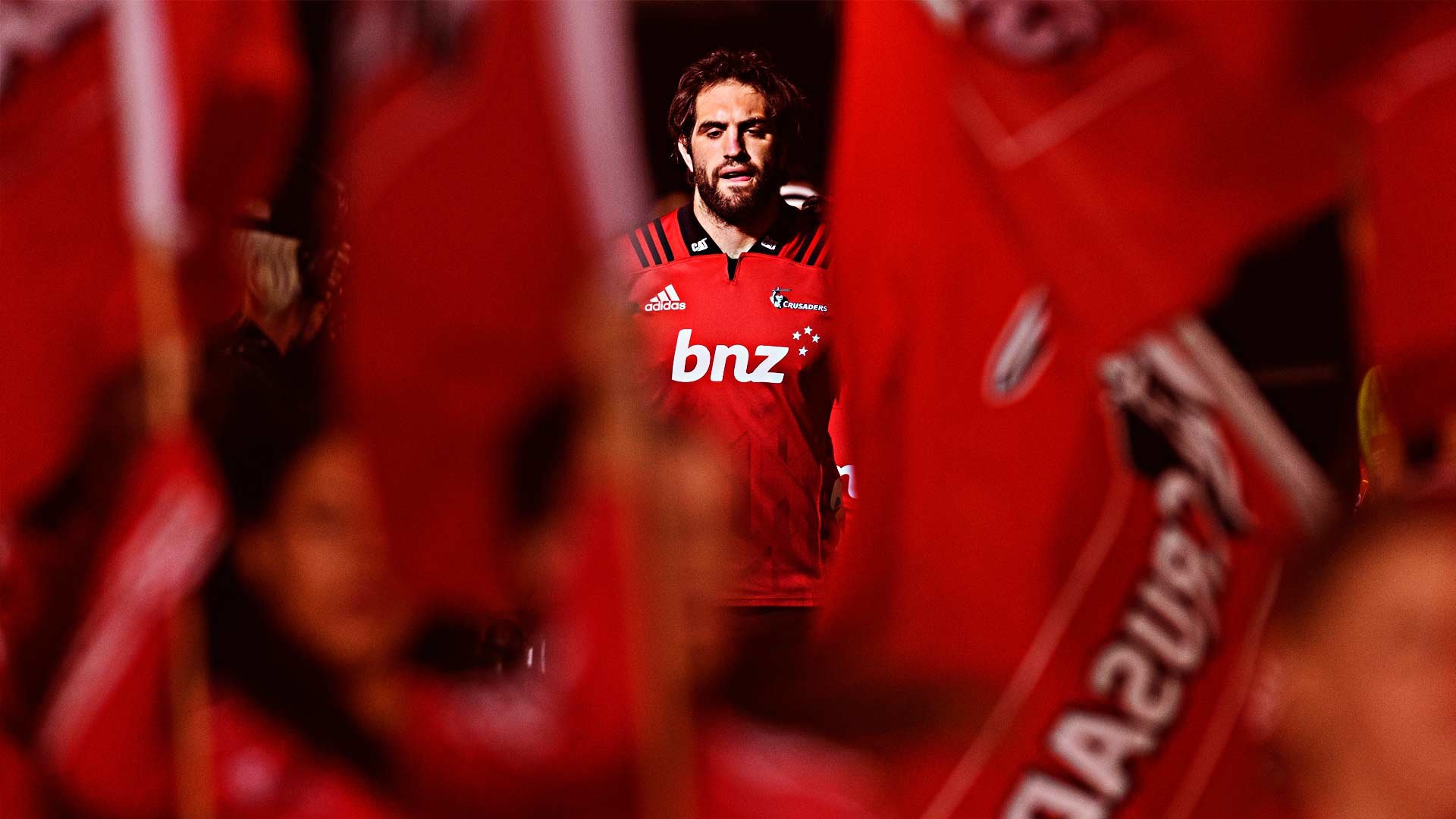Validation of Super Rugby's next great dynasty awaits Crusaders

What distinguishes good teams from great ones is multiple championships, especially in consecutive seasons.
How this Crusaders team will be remembered in history will be determined on Saturday night. Two titles in two years will validate the dominance the team has had over the competition and set the franchise on a path to become an unstoppable dynasty once again.
A shock loss to the Lions will be a blemish that is hard to wipe off.
Just look at the Hurricanes who recently had the opportunity to build one of their own when they hosted back-to-back finals not so long ago. They lost the first one before claiming redemption in the second. They held a 14-2 regular season record in 2015, the same record as this year’s Crusaders outfit, before losing the final to the Highlanders.
With the sun now setting on that era, they have one title to show for a three-to-four-year period where they legitimately laid claim to the best team in Super Rugby.
It is so difficult to build sustained success, which is why this Crusaders team stands on the verge of a special achievement.
This won’t be lost in an organisation where history plays an integral part in their drive and purpose. A winning culture has forged this champion side, built on the legacy of past achievements. Organisational excellence in all areas has played a huge part in building this current team.
Firstly, they have been able to do what other franchises haven’t – retain aging players that other franchises seem to lose overseas. Consider the frequently overlooked Matt Todd with over 120 Super caps but only 14 test caps. At 30-years-old many would expect he would’ve left by now but he continues to dedicate his playing days to the red and black.
Codie Taylor and Jordan Taufua are other unheralded examples, as is Ryan Crotty who spent a number of years out of national contention before becoming such an integral player to the All Blacks midfield. Israel Dagg has remained a constant despite many ups-and-downs through injury and selection through his career. That experience becomes invaluable to drive standards and shape culture within a team.
Retaining that experience has produced envious levels of depth within the squad as young players like Scott Barrett emerge. With Sam Whitelock and Luke Romano to learn from, Barrett stands to accelerate his growth as a player – which is exactly what has happened. The team has a pack of All Blacks, but they were all developed in Christchurch. The depth this squad has played a key part in overcoming a serious injury toll this season that would derail many other teams.
The youth they have brought into their system has flourished with investment – Jack Goodhue of Mount Albert Grammar was not rated highly enough to keep by the Blues. There were two other star Auckland centres that took New Zealand schoolboy selection that year in 2013 – Johnny Fa’auli and TJ Faiane of St Kentigerns.
Goodhue moved south to play and study at Lincoln University in a backline with another inter-region recruit – Jordie Barrett, who also didn’t make schoolboys selection. Just think about that for a second – the Crusaders had him in their system as well.
They lost Barrett to the Hurricanes but things obviously panned out well with Goodhue, who earned New Zealand under-20 selection before continuing to rise all the way into the All Blacks. Fa’auli is heading overseas next year and Fa’aine has never been able to establish himself at the Blues through injuries.
While other regions sleep on prospects the Crusaders look for diamonds in the rough, ones that possess other intangible qualities, polish them and turn them into All Blacks – and seem to keep most of them around.
The recipe has also worked for established players also have found ‘career rejuvenation’ there. Auckland born-and-bred Bryn Hall has been arguably the best halfback this year in the New Zealand conference. His play has been efficient, smart and clinical. This is a player who spent five years in the Blues squad, notching 32 Super caps over that time. Michael Alaalatoa and Pete Samu are discards from Sydney that the Crusaders have shaped into key players, that the Wallabies now want back. Samu is going but Alaalatoa has re-signed to 2020.
The masterful recruitment and retention of young and old has built the perfect Super Rugby team – an experienced, formidable forward pack full of internationals and a backline with the right mix of youth, talent and athleticism. The coaching staff at all levels has made each player better as they develop in their system – which isn’t unnoticed by other franchises.
There are a disproportionate number of Crusaders academy players across all New Zealand Super Rugby teams – roughly one in four. Other teams profit from their investment. This must have been hard to swallow as nearly all the other franchises captured titles this decade, while the Crusaders were falling just short. The patience is now paying off in a big way with the franchise poised to rule for a long time.
A second title in two years won’t just be confirmation of a dynasty, it will be a validation of everything the organisation does.
























































































